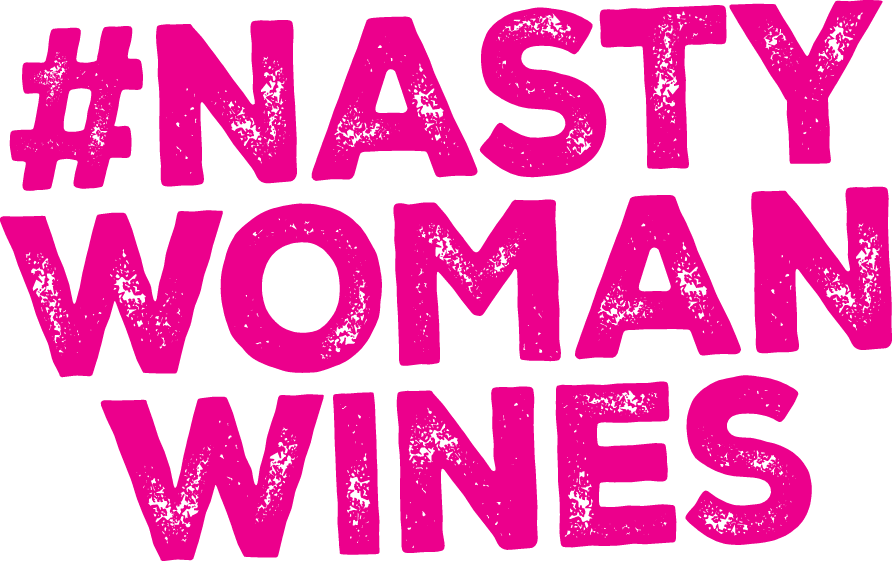Q&A with Nicholas Kristof
Meet Nicholas Kristof. Nicholas is an op-ed columnist for the New York Times where he writes about human rights, women’s rights, health, and global affairs. He and his wife, Sheryl WuDunn recently wrote the book Tightrope: Americans Reaching for Hope, about the “other America,” and shows that if America is to remain a superpower, it must empower all its people. Learn more about Nick and his work here.
Tell us a little bit about yourself.
I grew up on a farm outside Yamhill (that now grows pinot grapes, cider apples and timber), graduated from Yamhill-Carlton High School and Harvard University, and then studied law at Oxford on a Rhodes Scholarship. After joining The New York Times, where I’m now an op-ed columnist, I won two Pulitzer Prizes and wrote a handful of best-selling books, including the No. 1 best-seller “Half the Sky.” I’ve interviewed presidents and warlords, won prizes from the United Nations, survived malaria, an African plane crash and been arrested more times in more countries than I could count. My most impactful article was probably one in the 1990s that Bill and Melinda Gates credit with turning their philanthropy toward global health.
What makes you a Nasty Woman (or a champion of Nasty Women if you don’t identify as a Nasty Woman)?
I can’t say that I identify as a nasty woman, or as any kind of woman. But I have learned that some of the best leverage we have to get change in the world is to empower women. We’ve now poured more than $1 trillion into Afghanistan using the military toolbox, for example, and have achieved much less than we had hoped. As a regular traveler to Afghanistan, I’m confident that if we had invested in the women’s empowerment and education toolboxes, we would have achieved rather more.
Share an experience that shaped your views or helped get you involved in activism.
As a journalist who has spent a career covering war, genocide and global and domestic poverty, I see the costs of bad policy. Those people I’ve met haunt me – so I try to change things for the next person.
For example, I happened to write one article in the 1990s about young girls trafficked into brothels, and I couldn’t get those kids out of my mind. So I began writing about the issue more often, and there has now been significant progress on that issue.
What advice do you have for people who want to help enact change and push progress but don’t know how to get involved?
Don’t try to change everything. Rather pick some cause that you particularly care about or have a particular point of entry into, and work on that. Groups like Results have shown that it is quite possible to bring about change on foreign and domestic policies. In the backs of our books, we list various organizations that do remarkable work and deserve support.
If you could look into the future, 10 years from now, and see that real progress has been made, what does that look like to you?
In the U.S., that would consist of a national early child care program, both to give disadvantaged kids a leg up and to make it easier for moms to hold jobs and participate in the economy. It would entail a big boost to education so that the U.S. no longer ranks No. 61 in the world in high school attendance (down from No. 1 in the 1960s). And it would mean that working wages improve (if the 1968 federal minimum wage had kept pace with inflation and productivity, it would now be $22 an hour).
Share with us a favorite wine moment, memory, or pairing.
Oh, I’m a Yamhill kid. So, of course, Pinot Noir.
Tell us about Tightrope.
Our latest book and TV documentary is called “Tightrope” and is about the disintegration of working-class America, told partly through the kids who were on the No. 6 school bus with me in Yamhill in the 1970s. A quarter of them are now dead from drugs, alcohol, suicide, and reckless accidents. We also look at the “escape artists” who managed to avoid that fate, partly with the help of organizations like Provoking Hope in McMinnville. As with my other books, it’s written with my wife and co-author, Sheryl WuDunn, and we hope it will direct more attention in this presidential election year to those left behind and the policies that can rebuild our country.
Follow Nicholas Kristof on
Follow Kristoff Farms on:

